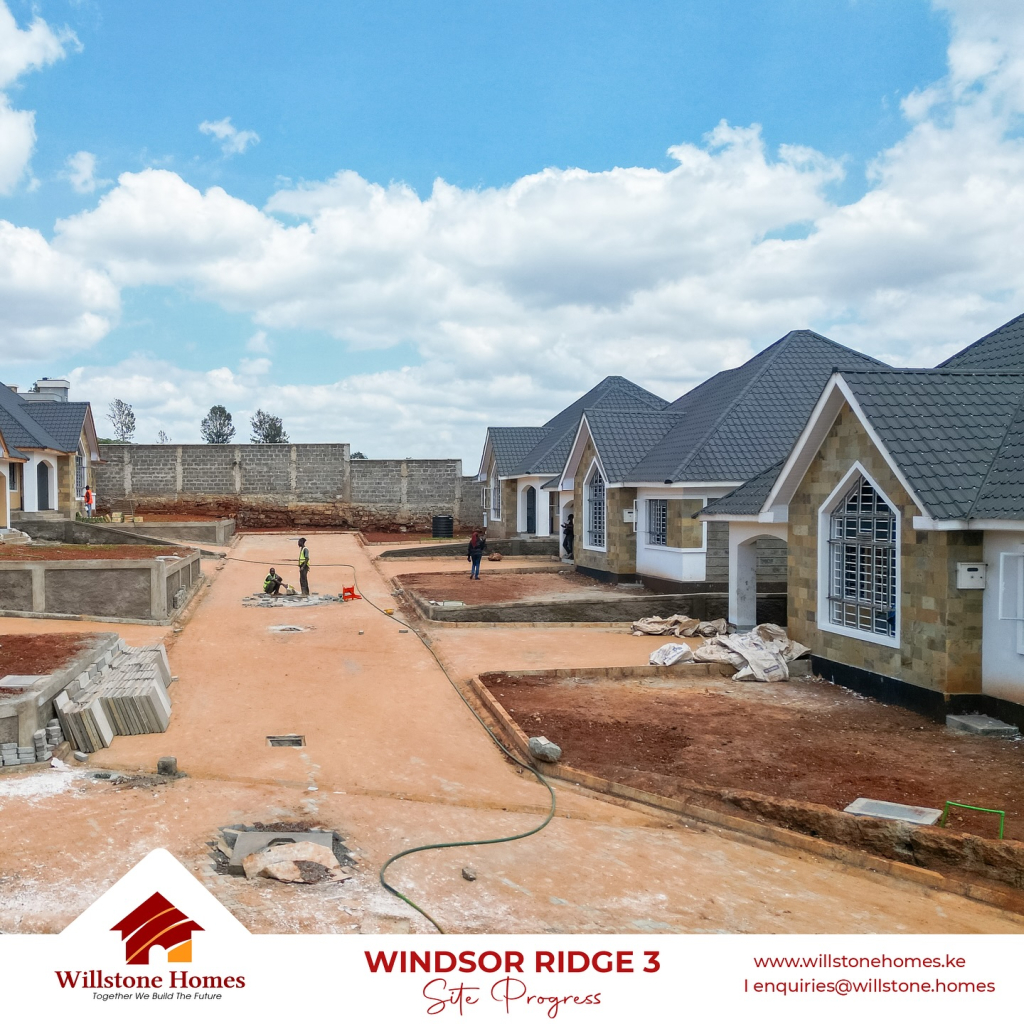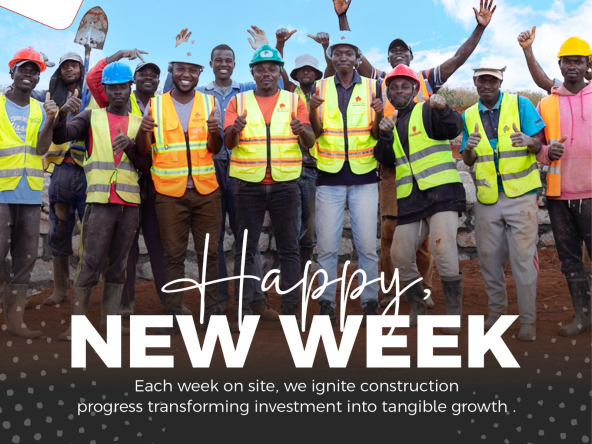Unmasking the Real Gatekeepers of the Nairobi Rental Market
Behind every “To Let” sign in Nairobi, there’s often an unseen hand guiding what tenants pay, who gets approved, and how quickly apartments move. While landlords remain the legal owners, it’s caretakers and rental agents who often determine how the Nairobi rental market truly functions day-to-day. Their influence is so deep that they can swing rental prices, control tenant access, and even shape neighborhood reputations — all without owning a single building.
Caretakers: The Street-Level Power Brokers
In most Nairobi estates — from Donholm and South B to Kileleshwa and Ruaka — caretakers hold the keys, literally and metaphorically. They’re the first point of contact for house hunters, maintenance workers, and delivery services.
But their real influence goes further:
- Rent Filtering: Many caretakers act as informal “pricing advisors,” telling landlords what nearby tenants are paying and recommending increments.
- Tenant Vetting: In areas with high tenant turnover, caretakers can quietly screen applicants based on appearance, occupation, or perceived reliability — sometimes reflecting personal bias more than policy.
- Rent Collection: For absentee landlords, caretakers double as collectors, enforcing rent deadlines and sometimes holding money before transferring it to owners.
This web of informal control has made caretakers quasi-landlords — with real social and financial power.
Agents: Nairobi’s Informal Real Estate Middle Class

Rental agents — especially in estates with high demand like Ngong Road, Kilimani, and Kasarani — have become essential intermediaries. According to 2024 data from the Kenya Property Developers Association (KPDA), over 60% of rental agreements in Nairobi involve an intermediary, often unlicensed.
Their methods range from WhatsApp group listings to “exclusive” house showings, and while some agents operate professionally, others thrive in loopholes:
- Charging multiple clients “viewing fees.”
- Reserving units for higher bidders.
- Influencing perceived demand to justify rent hikes.
This gray economy sustains thousands of livelihoods, but it also distorts the Nairobi rental market by inflating prices and making housing less predictable for tenants.
Data Snapshot: What the Numbers Say
| Parameter | Estimated Range (2024) | Source / Notes |
|---|---|---|
| Average agent commission | 1 month’s rent (or 10–15%) | KPDA / field data |
| Caretaker salary | KSh 10,000 – 25,000 per month | Urban landlord surveys |
| Agent-handled rentals | 60–65% of Nairobi listings | KPDA estimate |
| Informal rental disputes yearly | Over 35,000 cases | Rent Tribunal (2023) |
| Average rent for 2-bedroom (Nairobi) | KSh 25,000 – 70,000 | HassConsult Q2 2024 |
How Informality Shapes Rent Prices

Unlike mortgage-driven housing markets in the West, Nairobi’s rental ecosystem is dominated by informal negotiation. Rent isn’t determined by a fixed formula; it’s a mix of caretaker intelligence, agent speculation, and tenant urgency.
For instance:
- A caretaker in Pipeline may tell a landlord that “everyone’s paying 15K now,” pushing the owner to raise rent by 2–3K.
- In Kilimani, an agent might claim high interest from “corporate clients” to justify a 10% bump in listing price.
The outcome? Two similar apartments on the same street can vary by as much as 25% in rent, simply depending on who mediates the deal.
Read Also: How Diaspora Buyers Are Quietly Changing Kenya’s Real Estate Financing Models
Why Tenants Rarely Complain
Despite the frustrations, most tenants tolerate this system. The reasons are practical:
- Speed: Agents and caretakers know vacancies before they’re public.
- Access: Many landlords delegate everything to their caretakers, meaning tenants must comply to get repairs or maintenance.
- Lack of Oversight: Kenya’s Rent Restriction Act (Cap 296) mainly covers older, low-income housing — not modern apartments — leaving much of the Nairobi rental market unregulated.
Reforming the Informal: What Could Change
Efforts to formalize this sector are growing. Proptech startups such as BuyRentKenya and MySokoHome are introducing digital rental verification, escrow payments, and review systems for caretakers and agents.
If these innovations gain traction, the Nairobi rental market could finally shift toward transparency — where tenants know who they’re paying, landlords get verified feedback, and middlemen operate within ethical boundaries.
Read Also: From Sand Shortages to Smart Alternatives: The New Era of Sustainable Building in Nairobi
Recognizing the Real Power in Nairobi’s Rental Market

The caretakers and agents who manage Nairobi’s rentals aren’t just helpers — they are the hidden landlords shaping the city’s housing reality. Their informal networks influence pricing, trust, and access more than policy ever has.
As Nairobi’s housing demand continues to rise, bringing these hidden actors into the light may be the next crucial step toward fairness and predictability in the Nairobi rental market.





